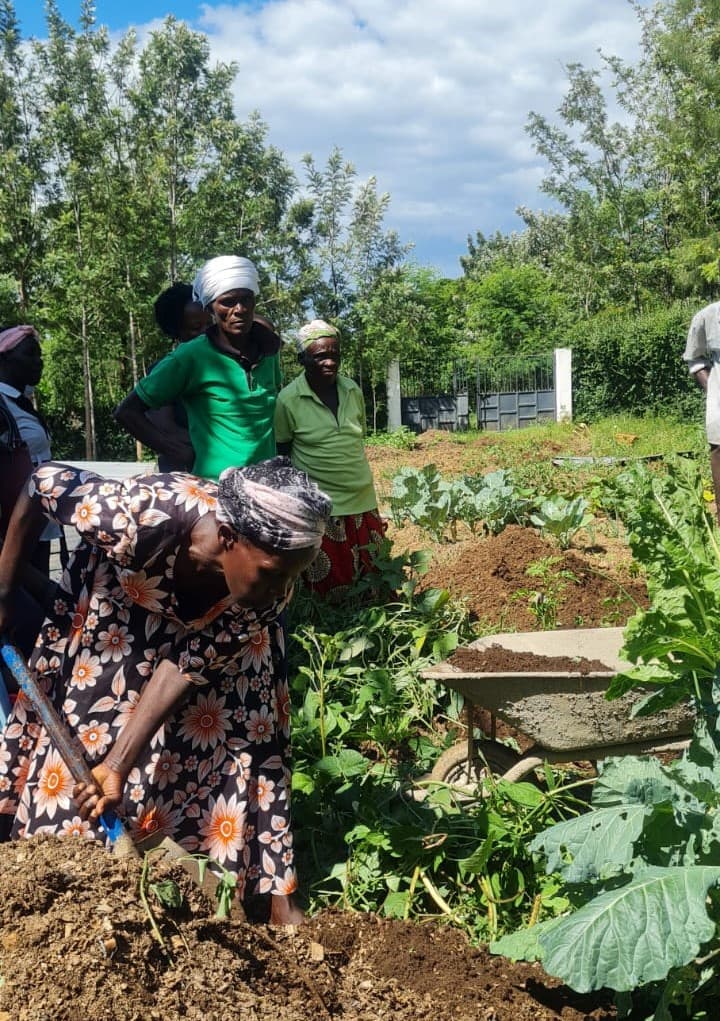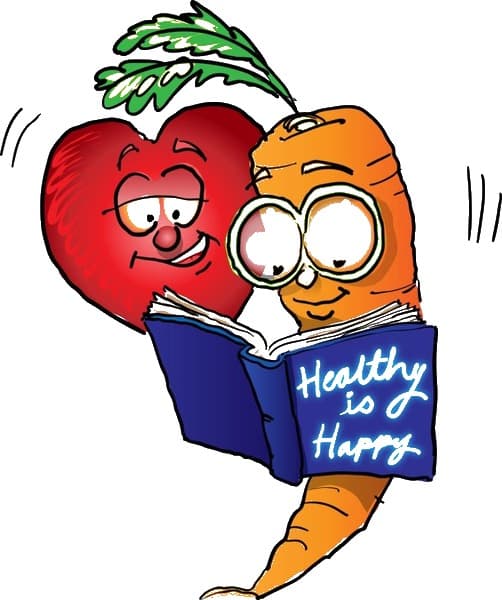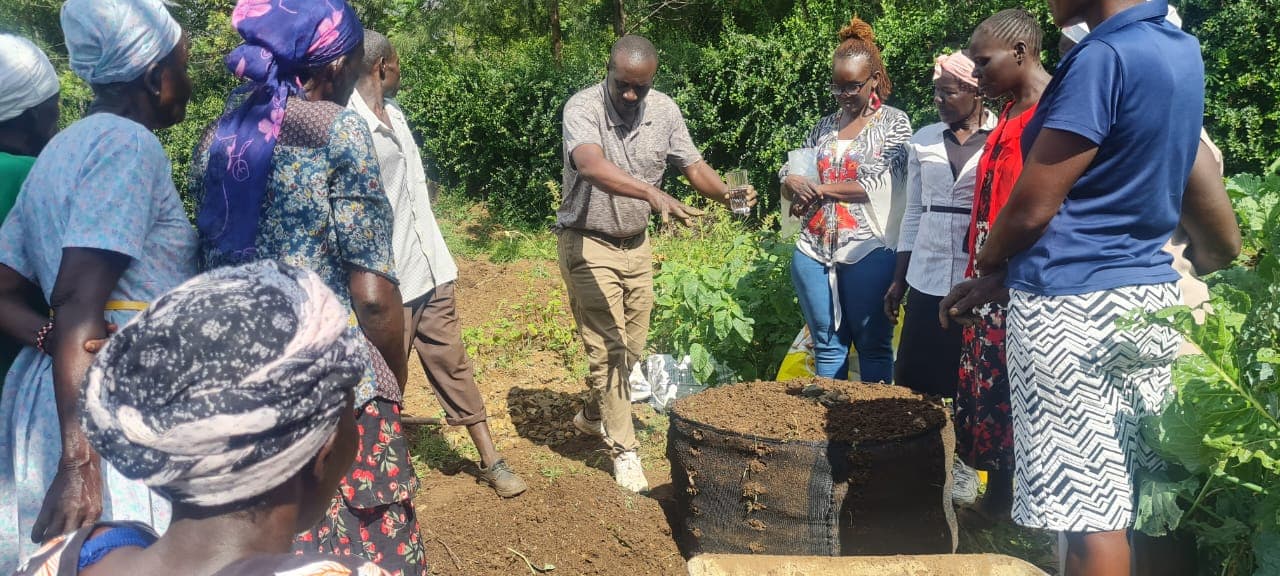Welcome to Chakulabora Digital Network
Chakula Bora means "Healthy Food," and we’re thrilled to have you join our growing community! This platform brings together farmers, entrepreneurs, experts, and institutions to build a sustainable, resilient, and healthy food system for all.

Our Mission & Vision:
- Empowering Communities – Strengthening smallholder farmers and agribusinesses through collaboration.
- Innovating for Sustainability – Leading climate-smart, regenerative food systems.
- Building Resilience – Improving food sovereignty, nutrition, and biodiversity.
- Access to Finance – Bridging funding gaps for micro, small, and medium agribusinesses.
- Market Linkages – Connecting farmers to fair and sustainable markets.
Purpose of User Groups
To foster meaningful connections and collaborations, we invite you to self-identify under a user group that aligns with your role. Here’s how each group contributes:
- Organic Farmers – Share knowledge, access markets, and adopt sustainable farming practices.
- Agro-Ecological Experts – Provide guidance on regenerative farming and climate resilience.
- Academics & Researchers – Drive innovation through data, studies, and policy insights.
- Agri Value-Chain Suppliers & Distributors – Strengthen logistics, processing, and fair trade linkages.
- Community Support Groups – Mobilize local action, education, and food security initiatives.
- School Educators in Agriculture – Inspire the next generation of sustainable farmers and food leaders.
- Consumers & Bulk Buyers – Support local farmers by sourcing ethically and promoting healthy diets.
- Banks & Financial Institutions – Enable growth through accessible funding and investment.
Join the network and connect with like-minded members, access tailored resources, and collaborate for greater impact. Together, we’ll cultivate a healthier, fairer, and more sustainable food future.


